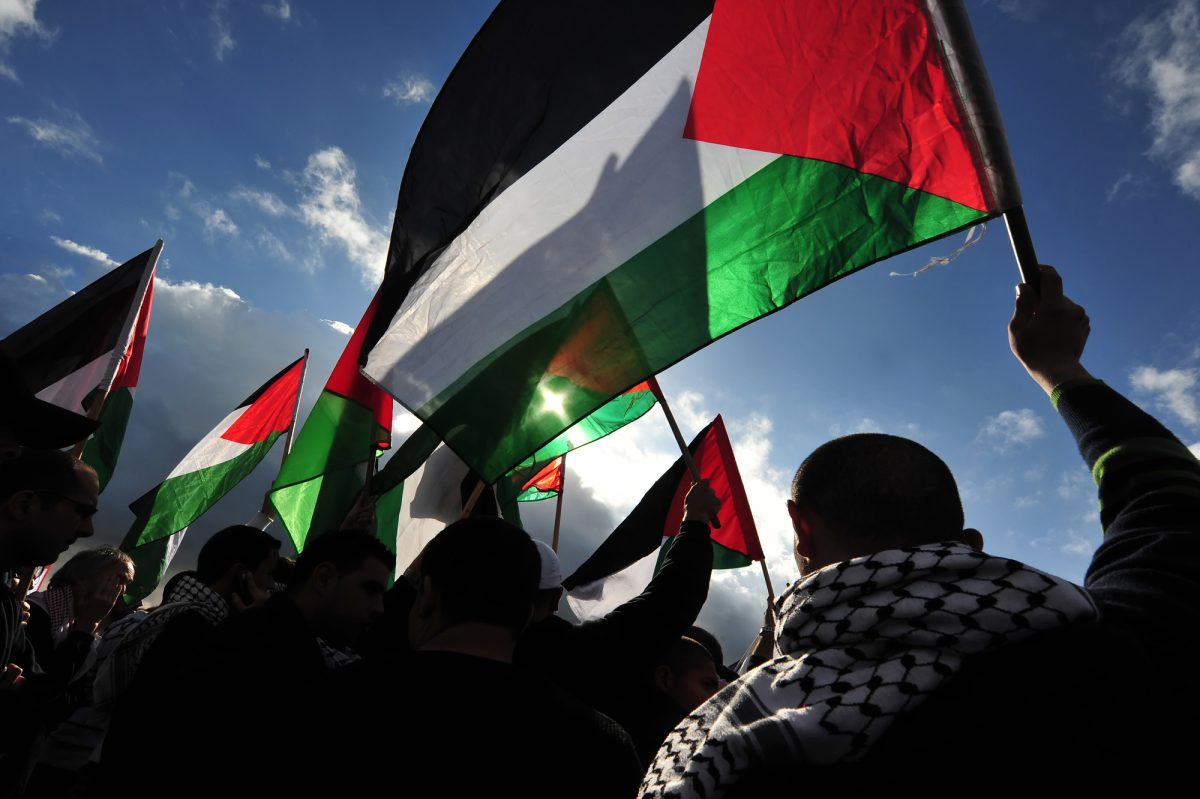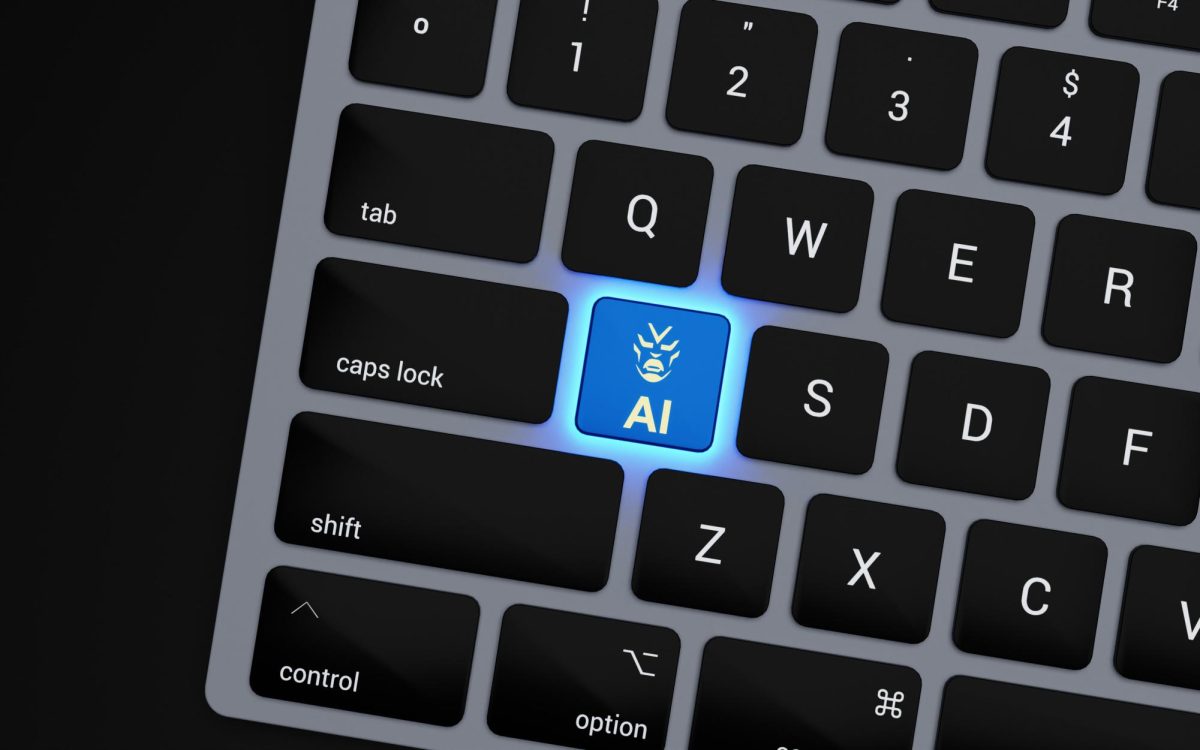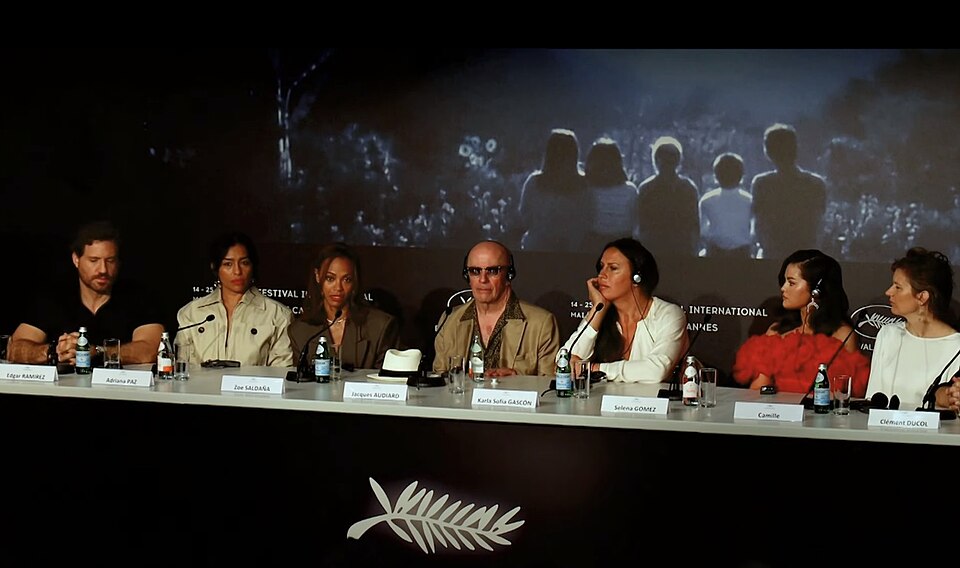The events of October 7th ignited a fire throughout the world – one that had been silently blazing for years. And yet, now that it is something we all see, there’s a general consensus to stay silent. While social media is flooded with posts in fervent support of one group or another, classrooms and workspaces carry on as if nothing happened, ignoring headlines blaring on every news channel. I can’t help but wonder why this is. Why is it that institutions speak about societal disasters only when it isn’t controversial, only when it’s a tragedy agreed upon? It gets me thinking: who gets to determine that?
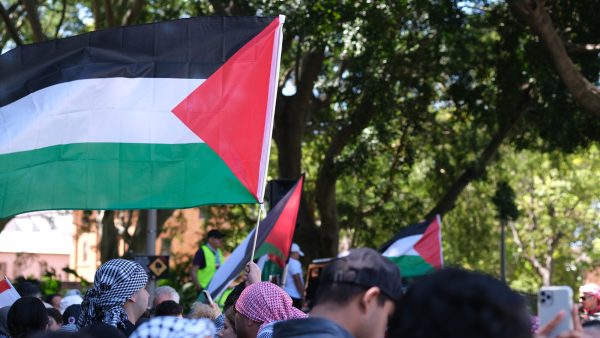
More importantly, we need to acknowledge how close to home this hits for so many people. Our peers, our colleagues, members of our community. What happened to the mutual trust, respect, and inclusivity which we as an institution pride ourselves on?
I spoke with students at HCC; I told them to tell me what they wish they could say without fear of consequence, backlash, and stigma.
One student I spoke with, Amy Bram, identifies as a “Jewish Zionist, advocating for Palestinian autonomy since [her] first march over 30 years ago.” She told me about the time she lived in Kibbutz, and that when she heard about the attacks of October 7th, she “could picture the places in a way that felt like home.” While she believes that the core of Israel’s actions “don’t represent us [Jews] worldwide,” she tells me “it’s scary to be a Jew in the world … because we all are so quick to villainize one side over the other.”
She opened up about her fear and emotions: “I struggle with the fact that the world has not given any space for grief … there’s a sense that my grief isn’t valid. I know there is a lot more grief beyond my own and I want to hold space for it, but it’s hard to battle with it … this is the largest massacre of my people since the Holocaust, and we have a 5000 year history of being kicked out … [Israel] is the only country in the world guaranteed to take me no matter what, but when that country commits atrocities, it becomes really complicated.”
Amy concluded with something that really struck me. She strongly felt that the atmosphere of the college made her feel “as if I don’t have a right to grieve. Anyone who is directly impacted by what is happening walks into class, and nobody feels like there is space.”
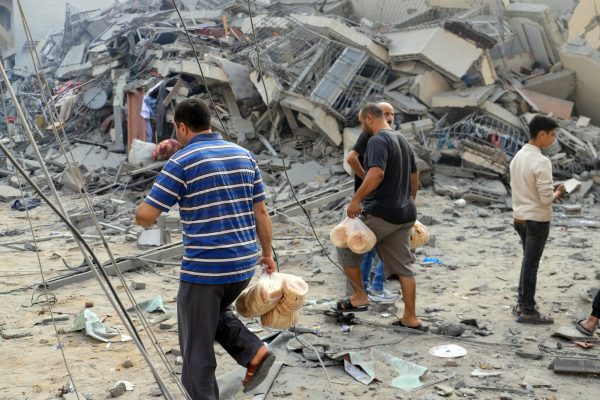
There’s a common theme I noted amongst students: feeling like their voices aren’t being heard. Amy isn’t alone in that feeling, as another HCC student — Bayaan Ansari — feels similarly.
When I spoke with Bayaan, she got straight to the point: she told me that being a “Muslim activist” here is “frustrating, especially in Western culture with people who weren’t taught [about Palestine] … there’s a sense of disconnect and a lot of propaganda, where people cannot separate what is being told from who’s telling it.”
She stressed the importance of “consuming media from the perspective of those who have been living it for 75 years … reading firsthand Palestinian experiences is important.” In terms of our institution, and institutions across the country, her greatest disappointments lie within the language used in professional communications: “in describing what is happening, it should not [be] watered down. This is not a war. A war insinuates that people under occupation do not have the right to self-defense … this is a group of people resisting the way they have been treated.”
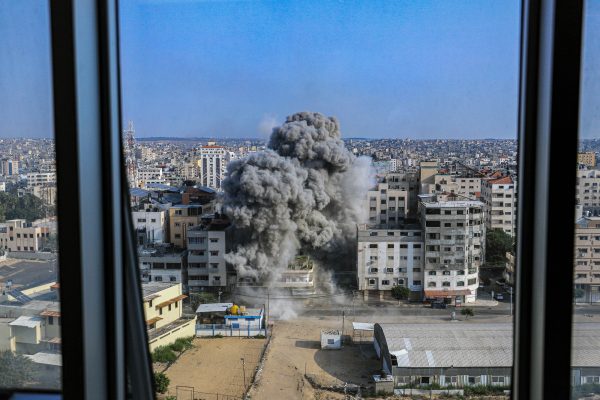
If the general feelings of those emotionally affiliated with Israel and Palestine in HCC were that of anger and feeling stuck, I wondered if a professional setting in our county was any different. I spoke with Joel Frankel, president of the Jewish Federation of Howard County:
“There is not a single person in the Jewish community who is more than 1 or 2 degrees separated from victims of the terrorist attacks on October 7th. There are many people with family serving in the IDF (Israeli Defence Forces), we are all intimately connected to them across the globe.”
Rather than mentioning a sense of being personally silenced, as the students did, he talked about the treatment of others. He said “we all need to condemn the hate occurring across the country and globe stemming from this crisis. Many people are in pain: Jews, Muslims, Arab-Americans … I think that everyone right now is sad and afraid … and with all that is going on we still need to remember to respect individuals. It’s okay to disagree, not to disrespect and intimidate.”
The Howard County Muslim Council shared similar thoughts. Zunaira Awan, president of the HCMC, stated “with Islamophobia, we’re hearing more and more about cases being reported to not only us [HCMC] but also to the Office of Human Rights and Equity in the county, just two weeks ago after the attacks in Gaza … it’s been hitting us personally.” There’s an aspect of personal safety concerns as well: “we’re always going to be known as brown, Muslim, and [therefore] susceptible … all this diversity and inclusion that we preach, is it really happening? The Muslim community is more connected, resources are available for our community, but what are our rights in Howard County, our safe spaces?”
While institutional leaders are primarily focused on the pains of the other, and ensuring safety, it ultimately circles back to the same inherent feelings our students have. Who’s listening? Who’s making space? Again – what determines who gets to say what, who gets to feel what?
So, what can we do when we feel as if our voices aren’t heard? When, as put by Bayaan, our desires for “constructive conversations” are silenced?
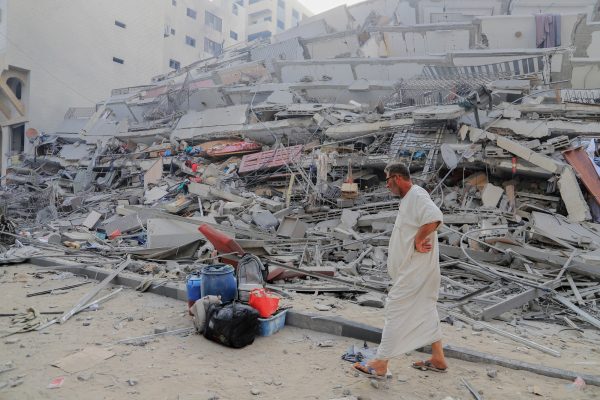
In my opinion, I think you keep talking. Keep speaking up, and someone will hear. Even if there’s only one person who acknowledges your pain and your truth, you have done your part. When we speak up, we validate our own experiences and pain, and allow for the possibility of others to do so, too. I encourage you to show up for others when they express themselves, and give others the opportunity to show up for your voice, too; listening is just as vital as speaking.
I also believe it’s just as vital to be cautious of the media you consume, as well as questioning the preconceived notions you may have been raised with.
In terms of media, check the bias of your sources. Are they authentically representing an issue, or pushing an untrue and highly prejudiced narrative? To truly understand the scope and reality of what is going on in Gaza, you have to consume Gazan media. Motaz Azaiza (@motaz_azaiza), Belal Khaled (@belalkh), and @wizard_bisan1 are three amongst many Gazan photojournalists who constantly post updates on Instagram. I’d suggest starting there.
And as for a mindset you may have grown up with – it’s important to remember that traditional thoughts and beliefs can evolve as we gain truthful knowledge from both the past and present, and it is imperative to stay open to that.
“If no one encountered a set of opinions, a different point of view that shook them to the ground, rattled them, and made them take a step back. I wouldn’t be doing my job. That is exactly what education should be about.” -Matan Cohen, from Columbia University’s ‘The Eye’.


